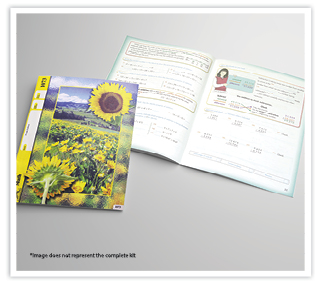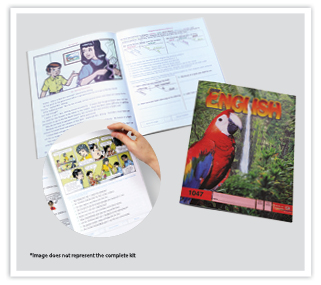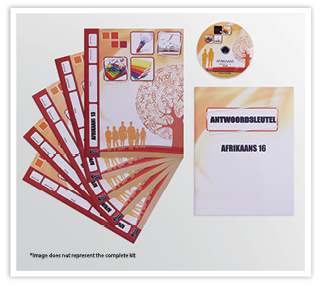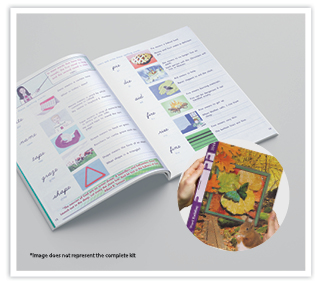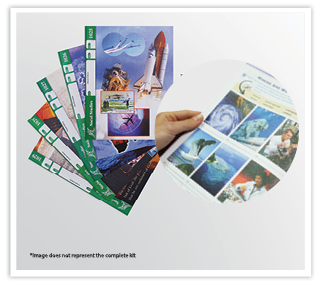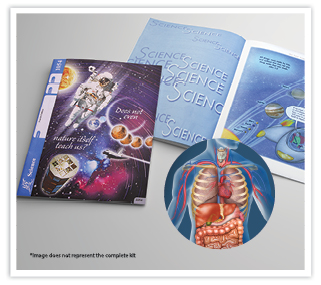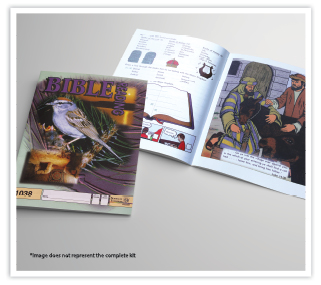Math
GRADE 4-6
Intermediate phase learners have an increased ability to learn and apply abstract thinking. This is a development process and preteens are not able to make all intellectual leaps, such as inferring a motive or reasoning hypothetically. Interpretative abilities develop during the intermediate phase as does the ability to recognise cause and effect sequences.
It is important for learners to work at a comfortable pace. The mathematics curriculum provides a logical, orderly method of taking learners from the known to the unknown. As learners progess through the grades all mathematical concepts and principles are built upon one another. Regular, systematic testing and evaluation promote mastery of the material.
- Advances in addition, subtraction, and multiplication and division
- Fractions and decimals
- Solving of word problems
- Sets, number patterns, measurements
- Roman numerals
- Money
- Metric units and the conversion of units
- Problem solving related to length, mass, volume and temperature
- Collection and organisation of data
- Representation of data on pictographs and bar graphs
English
GRADE 4-6
The English language curriculum and learning materials are thorough and designed to prepare the learner with solid understanding and application skills required for the senior phase of education.
Core competencies
Concepts and principles from previous grades and more are covered such as:
- Use of dictionaries
- Parts of speech, punctuation and types of sentences
- Antonyms, synonyms and homonyms - more examples are learnt
- Correct use of: to/too/two, let/leave, its/it's, there/their/they're, your/you're, is/are, isn't/aren't, was/were, wasn't/weren't, has/have, hasn't/ haven't, does/do, doesn't/don't, a/an, learn/ teach, sit/set, lie/lay, rise/raise
- Correct use of: may/can, that is/there are
- Writing of original sentences and paragraphs
- Communication skills such as good telephone manners, friendly letters, business letters and emails
- Enjoyment of creative writing and poetry
- Advances in all parts of speech such as irregular verbs, compound nouns, and comparative degrees of adverbs, complete subject and complete predicates
- Diagramming of sentences and the four sentence patterns are introduced
- Capitalization and punctuation are reviewed
- Correct use of apostrophe in contractions and to show possession
- Synonyms, antonyms, homophones, heteronyms are reviewed
- Learners write in complete sentences and identify sentence fragments. They develop paragraphs and continue to learn to write emails
- Dictionary work continues
- All eight parts of speech are revised as well as sentence patterns and diagramming of sentences
- Additional concepts are added on to existing knowledge to increase the scope of building sentences with interesting words, exact nouns, comparisons, adjectives, adverbs, and prepositional phrases
- Subject and verb agreement is emphasised
- Correct use of phrases and clauses
- Original writing skills are developed and learners continue to build on the writing of paragraphs
- Preparation of an outline and the final writing of friendly and business letters as well as emails
Afrikaans
GRADES 4-6 (10-12 YEARS OLD)
Strong Communication Skills
For a language to be learned, it is first heard, then spoken, afterwards read then written. Thus for successful learning of the language and especially for first additional learners, the emphasis is on a strong communicative approach lending itself to a combination of group work and self-study.
The programme consists of PACEs, answer keys and DVDs. The DVDs are a valuable teaching tool. They contain e-book of videos, slide shows, games and other activities that help teach the different concepts. The PACE contain exercises based on the activities in the DVDs. These exercises cover all the requirements of the curriculum including Listening and Speaking, Reading and Viewing, Writing and Presenting, and Language Structures and Conventions.
Core competencies
Learners increase their Afrikaans vocabulary. They watch videos and listen to stories, then answer questions about what they saw and heard (orally and written). They start to write sentences and learn about nouns, prepositions, verbs, adjectives, adverbs, punctuation, etc. Each PACE has a different theme, some of which are: Back to School, People in my World, Animals, Holiday, Health, and Calendar and Time, and more.
Learners continue to build their vocabulary and language skills. They write more paragraphs, including diary entries, poems, letters, and stories. They read books and write reviews. Learners watch videos and other presentations on the DVDs and discuss what they saw and heard. They learn literal and figurative language, spelling rules, direct and indirect speech, homonyms, synonyms, antonyms, prefixes and suffixes, and many more language concepts. Each module has a theme, idioms and Scripture verses that learners must learn. Some of the themes are: Sport, Travel, Animal Antics, Heroes, Dinosaurs and Dance in different cultures.
Learners build on their language skills. They read a variety of texts, including stories, factual presentations and pamphlets. Learners practice a variety of writing skills, including paragraphs, dialogues, stories, and create posters and pamphlets. Speaking skills are: developed through answering questions on what they have seen on the DVDs or read in the Modules, as well as through more formal orals. Some of the themes for this level are Friends and Family, Ubuntu, Music, Creative Arts, and Unique Inventions.
Literature and Creative Writing
GRADE 4-6
Studies have shown that children who develop good reading and writing skills tend to do better socially and academically. This is due to the fact that reading literature and creative writing stimulates the development of skills such as planning, idea dissection, critical thinking, persuasion and problem solving. Children immerse themselves in a story line and work through with a sense of reality which often leads to self-analysis and self-awareness.
In addition, creative writing allows the child to explore new concepts and ideas as well as ways to communicate at a higher level.
During the intermediate phase the curriculum covers the following concepts and competencies in the respective grades.
Core competencies
The curriculum, learning materials and activities guide learners to:
- Use imagination, deductive reasoning, as well as comparison and contrast
- Learn to draw conclusions and find the main idea of a paragraph
- Make predictions about the end of a story and discern between "alike" and "different"
- Increase dictionary skills, learn about biographies, autobiographies, and libraries
- Find valuable lessons in character building stories
- Write a letter to a missionary, an invitation, an anecdote, a sketch, and a story ending
EXTRA REQUIRED RESOURCES:
- Ace and Christi series - The Red Rag Riddle by Grace Whitehart
- Charlotte's Web by E.B. White
- Children's Missionary Library by Vernon Howard and Alice Bostrom
- Choice Stories for Children selected by Ernest Lloyd
- The Little Green Frog by Beth Coombe Harris
- Saved at Sea by O.F. Walton
Building on the foundation set in grade 4, the learner will:
- Add to his/her knowledge of short story elements - setting, characters, plot, and order
- Learn about the four types of conflict in stories
- Discover personification, alliteration, anagrams, analogies, antonyms, homonyms, homophones, similes, and metaphors
- Consider time order and narrative, cause and effect, point of view, comparison and contrast, and the difference between fact and opinion
- Distinguish between topic sentences and supporting sentences and persuasive and descriptive writing
- Gain knowledge of the Far North and Africa, biomes, Morse code, the metric and English systems of measurement, and terms and concepts in the arts
- Recognise editing and proofreading marks
- Write a book report and review
- Define and write anagrams and anecdotes
EXTRA REQUIRED RESOURCES:
- Choice Stories for Children selected by Ernest Lloyd
- North to Amaroqvik by Cheryl M. Ufkin
- Heidi by Johanna Spyri
- Ace and Christi series- Miracle at Camp Friendship by Sarah Hopewel
- A Dog of Flanders by Marie Louise De La Ramee
- Star of Light by Patricia M. St. John
The literature and creative writing journey continues with:
- Extensive dictionary use
- Identification of word families, and the definition of new vocabulary words
- Reading and asking questions leading to critical thinking
- Visual discrimination
- Writing expository and descriptive paragraphs, essays, simple and detailed explanations, directions, personal diary entries, cause and effect; fact and opinion; and exposition, description, persuasion, and narration
- Identification of figures of speech, sensory detail, and climax and resolution of story
- Solving word and logic puzzles
- Converting information into bar graphs
EXTRA REQUIRED RESOURCES:
- The Fugitive King by Elizabeth Handford
- Christians with Courage by Ruth Johnson Jay
- Alexi's Secret Mission by Anita Deyneka
- Ace and Christi series - Grandpa's Christmas Gift by Sarah Hopewell
- Little Pilgrim's Progress by Helen L. Taylor
- Treasures of the Snow by Patricia M. St. John
Word Building
GRADE 4-6
During the entire intermediate phase learners complete a total of 36 Word Building PACEs. Each PACE presents a vocabulary of 50 news words. That equates to 1800 new words.
Learners are required to learn spellings using phonics, learn meanings, use the words in sentences, to read and sound out the words, to identify root words, change words from one part of speech into another part of speech (for example nouns to verbs). In addition, grade 6 learners are required to work with the prefixes, stems and suffixes/extensions to form other words. They also explore the origin of words.
DEVELOPING COMMUNICATION SKILLS
Learners in the intermediate phase must be encouraged and given multiple opportunities to intentionally develop interpersonal communication skills.
- State a communication objective
- Be accessible and approachable
- Have good listening skills
- Present ideas, opinions and feelings in a comprehensive manner
- Respect other parties' needs
- Assess success of communication engagement
Social Science
GRADE 4-6
There is emphasis on reality and experience where learners have opportunity to look at their own worlds, to ask questions and develop a deeper knowledge about their country and the world at large.
Core competencies
Learners encounter great Christians such as David Brainerd, William Carey, George Mueller and Hudson Taylor who showed good qualities as leaders.
To incorporate the SA CAPS curriculum PACEs on the following topics are included in this course:
- Transport and communication through time
- Places where people live
- Mapping skills
- Food, farming and water in SA
- In the alternative USA PACEs learners study Adoniram Judson in Burma, Jim Elliot in Ecuador, John Bunyan in England, and Senor Coronado in early America
In grade 5 learners are exposed to American history and the Industrial Revolution from a Biblical perspective.
The following topics cover the requirements of the SA curriculum:
- The African continent's physical features and people
- The African continent's rainfall and climate
- Vegetation in SA
- Mining and mineral resources in SA
- Early history of the first farmers, hunter gatherers and herders
- Heritage sites in SA
- Ancient Egypt
- Alternative USA PACEs deal entirely with other aspects of American history
From the fall of man, to the migration of Noah's descendants after the flood, Jacob and Joseph's journeys, Israel in the wilderness and the captivity of Judah with the eventual return of the Jews to Jerusalem, learners get a good grasp of these Bible stories and God's plan for His people.
For the SA curriculum the following topics are studied:
- Mapping skills
- Climate and weather with the effect on vegetation
- The population and trade in SA and the world
- The spread of Christianity and the explorers
- Medicine through time
- Democracy and citizenship in SA
Science
GRADE 4-6
Science involves more than the gaining of knowledge. It is a systematic and organised enquiry into the natural world and its phenomena. Science is about gaining a deeper and often useful understanding of the world. Learners study how the principles apply to God's physical creation and to everyday life.
Core competencies
Learners will learn about everything related to non-living matter (solids, liquids and gases) and living matter (plants and animals). Some topics relate to man - made objects such as rockets, aeroplanes and simple machines. In the human body pumps and pipes such as the heart and blood vessels in the body are investigated. Standards of measurement and famous scientists are also studied.
A wide variety of topics are handled at this level from atomic and molecular theories to aviation and aerodynamics. Areas of interest to young minds also covered will be volcanoes and earthquakes, oceanography and dinosaurs. Learners study honey bees and they will learn how the ear works in relation to sound and music. They will see what the Bible says about scientific matters.
Bible Reading
GRADE 4-6
This subject is central to the holistic development of learners. It addresses skills, knowledge and values for the personal, social, intellectual, emotional and physical growth of learners, and is concerned with the way in which these facets are interrelated. Learners are equipped for meaningful and successful living in a rapidly changing and transforming society.
In all of the levels, learners discuss and answer age appropriate questions about the Bible while learning more of the great character traits.
Core competencies
The Books of Mark and Luke are read. Learners continue studying the books of the Old Testament in sections: Law, History, Poetry, Major Prophets, and Minor Prophets.
The books of Genesis, Exodus, Psalms and Acts are read.
